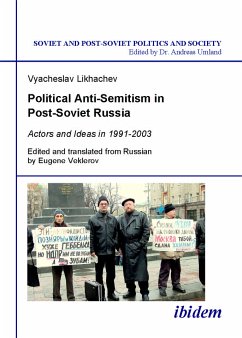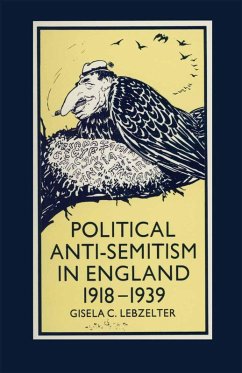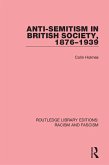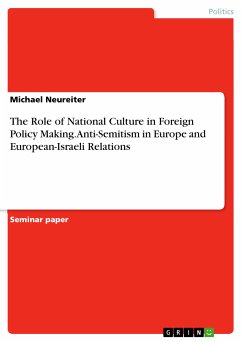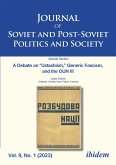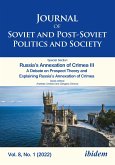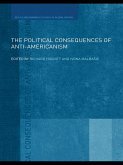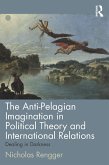Anti-Semitism was a major feature of both late Tsarist and Stalinist as well as neo-Stalinist Russian politics. What does this legacy entail for the emergence of post-Soviet politics? What are the sources, ideologies, permutations, and expressions of anti-Semitism in recent Russian political life? Who are the main protagonists and what is their impact on society?This book shows that anti-Semitism is alive and well in contemporary Russia, in general, and in her political life, in particular. The study focuses on anti-Semitism in political groups, mass media and religious organizations from the break-up of the Soviet Union until shortly before the elections to the fourth post-Soviet State Duma which saw the entry of a major new nationalist grouping, Rodina (Motherland), into the Russian parliament. The author analyzes various "justifications" for anti-Semitism, its manifestations and its ups and downs during this period. The book chronicles Russian federal and regional elections, which served as a "reality check" for the ultra-nationalists. Several sections are devoted to the role of anti-Semitism in political associations, including marginal neo-Nazi groups, "mainstream" nationalist parties, and the successor organizations of the Communist Party of the Soviet Union. A special section covers the financial sources for post-Soviet anti-Semitic publications. The author considers anti-Semitism within a wider context of religious and ethnic intolerance in Russian society. Likhachev, as a result, compiles a "Who is Who" of Russian political anti-Semitism. His book will serve as a reliable compendium and obligatory starting point for future research on post-Soviet xenophobia and ultra-nationalist politics.
Dieser Download kann aus rechtlichen Gründen nur mit Rechnungsadresse in A, B, BG, CY, CZ, D, DK, EW, E, FIN, F, GR, HR, H, IRL, I, LT, L, LR, M, NL, PL, P, R, S, SLO, SK ausgeliefert werden.

